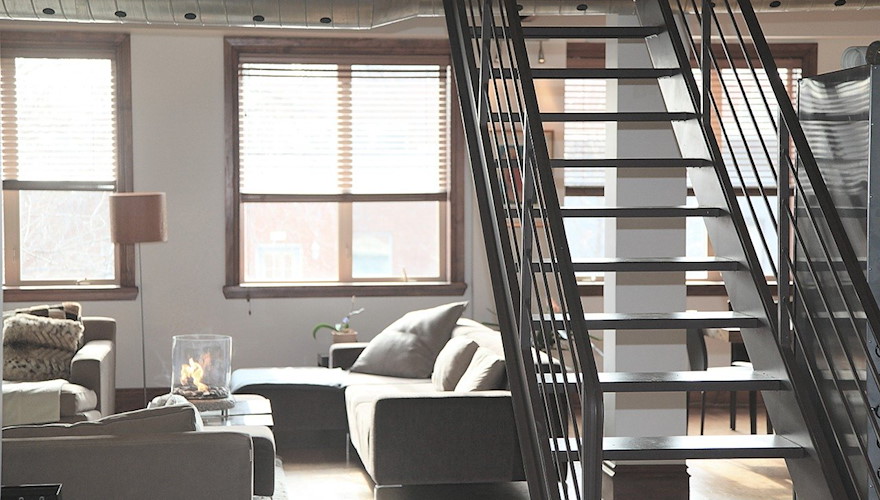100 Things for Happiness - is that enough?

Minimalism in everyday life - 100 things for happiness.
Anyone who is a minimalist renounces in order to be happy.
Many followers of the trend reduce their possessions to just 100 things and swear by the healing effect for soul and spirit. One of the most famous followers of minimalism and probably the one who first made the trend known is Dave Bruno. In a self-experiment, the American reduced his possessions to 100 things for a year. First and foremost, he wanted to set a sign against excessive consumption.
After an initial period of getting used to it, he describes the time of his minimalist life as the long-awaited opportunity to realign his focus and to have found a sense for the essentials in life. Two crucial points that led him to happiness. His experiment became a way of life: a year after the end of the self-experiment, Dave Bruno counted 94 things among his personal possessions.
But do you really have to reduce your own possessions to exactly 100 things for this? A question that divides the minimalists, after all, the very way of counting is a mystery. Do a pair of socks count as one thing or as two? What about a bookshelf? Does each book count individually or is it a library? Dave Bruno creates clarity here. He points out that it is not important to get to 100 concrete things, but rather that you clear out your life as far as it is just possible. You should redefine your boundaries and clear them out as much as you yourself did not think possible. Only with this goal can the minimalism experiment succeed and make you happy, says Bruno.
HAPPINESS IS IN ORDER
Whether it's a minimalist lifestyle or radical tidying up: both should lead to more inner peace and, as a result, to more happiness. But is this really true?
In a world determined by rapid and excessive consumption, decluttering can be a blessing for the soul. Experts agree on this. The cleaning up represents a throwing off of mental ballast and brings the system into one's own possessions. Psychologists suggest that by doing this, a person creates for himself a zone that awakens in him a sense of security and control.
This order can have such a strong sedative effect that it affects sleep. As researchers recently found out, cortisol levels are higher when you go to sleep in an untidy environment. On the other hand, if you clean up again before going to bed, the level of the stress hormone decreases and you get into deep sleep faster. And a good night's sleep is guaranteed to make everyone happy.
CLEANING UP AS A CEREMONY
Marie Kondo is a true expert in decluttering and ordering. She has declared happiness the goal of life. She wants to achieve this through consistent tidying up and a life in systematic order. The only thing that will be retained in their art of cleaning up is what still gives the owner true joy deep down and triggers positive emotions. The Japanese woman gives clear instructions in her books: first clothes, then books and paper and finally small things are sorted out.
With Marie Kondo, sorting out develops a ceremonial character that elevates one's own possessions into a higher sense of value. In order to maintain the newly created order, Kondo developed special folding techniques for garments, which she explains in YouTube tutorials.
All her publications became bestsellers and gave the starting signal for a new trend. Her followers in the USA even dedicated their own verb to her: "To kondo" stands for the success of having cleaned up the wardrobe in the manner of Marie Kondo. There are numerous before-and-after pictures on the net in which fans document their new order.



